Projected Reading versus Actual Consumption of Narrative Formats in L1 Spanish University Students
DOI:
https://doi.org/10.24310/isl.vi18.14308Keywords:
attitude, Initial Formation, Reading, Literature, NarrativeAbstract
It is intended to discover what attitudes and beliefs are raised in favor of reading by the students of the Grade of Primary Education (course 2020-2021) thinking of children. Also inquire if this sample self-perceives that it is important to read for its own benefit. In addition, it investigates what type of possible transmedia formats university students consume (on paper or digital), through which platforms and if these digital formats benefit reading competence and what reasons they argue in favor.The inquiry methodology is mixed. Data is collected through a semi-structured interview. It is a quantitative non-experimental approximation analyzed thanks to the SPPS Statistics 27.0 program. Likewise, a qualitative analysis is carried out with significant data input using the QDA Miner 4.1 program. The sample is made up of 75 individuals from the University of Castilla La Mancha, Ciudad Real campus, predominantly female and with a greater representation of individuals over 20 years of age.Children's reading is important since it provides various learning benefits, aesthetic and ethical references. It is concluded that they contribute a majority esteem for their own reading and the priority consumption of the written account of stories and books on paper, followed by the visual accounts of television series on the Internet from web pages. Likewise, they recognize in a majority way that these analog and digital formats that they consume are in favor of both reading competence and encourage analog and digital reading
Downloads
Metrics
References
Azevedo Arana A. R. y Sorte Oliveira Keblis, A. B. (2015, octubre 29). A importância do incentivo à leitura para o processo de formação do aluno. Ponencia. Educere. XII Congresso Nacional de Educaçao, Campina Grande, Brazil. https://educere.bruc.com.br/arquivo/pdf2015/17264_7813.pdf
Bautista Martín, S., Regueiro Salgado, B. Cañadas García, T. Ceballos Viro, I. Fernández San Emeterio, G. y García Carcedo, P. (2020). Materiales, recursos y estrategias didácticas para trabajar los cuentos tradicionales en el ámbito de la educación superior con los futuros maestros de Infantil y Primaria. Revista de investigación aplicada y experiencias educativas, 42, 155-190
Colorado Ruiz, D. A., y Ojeda Ramírez, M. M. (2021). Fortaleciendo el hábito lector en profesionistas y universitarios mediante la Lectura dialógica. Investigación bibliotecológica, 35(87), 151-170. https://doi.org/10.22201/iibi.24488321xe.2021.87.58321
Echeverriborda, M., Espasandín, C., y Mallada, N. (2021). Prácticas de lectura y escritura guiadas al inicio de los estudios universitarios. InterCambios. Dilemas y transiciones de la Educación Superior, 8(1), 60-70. https://dx.doi.org/10.29156/inter.8.1.7
EITB Media (2021, 8 de julio). La juventud usa la televisión para noticias, las plataformas para ver series y YouTube para el entretenimiento. https://www.eitb.eus/es/grupo-eitb/detalle/8177615/estudio-del-observatorio-audiovisual-ikusiker-sobre-consumo-audiovisual-de-juventud-en-20202021/
Felipe Morales, A., Barrios E. y Caldevilla Domínguez, D. (2019). Políticas de fomento de la lectura a través del futuro profesorado. Utopía y praxis latinoamericana, 4, 89-103
Galicia Gaona, J. C. y Villuendas González, E. R. (2011). Relación entre hábitos lectores, el uso de la biblioteca y el rendimiento académico en una muestra de estudiantes de psicología. Revista de la educación superior, 40(157), 55-73.
Granado, C., Puig, M. y Romero, C. (2009). Los futuros maestros y maestras ante la educación lectora: hábitos lectores, creencias, capacitación adquirida y necesidades formativas de los futuros maestros y maestras respecto a la educación lectora. Universidad de Sevilla.
Granado, C. y Puig, M. (2014). Qué leen los futuros maestros y maestras. Un estudio del docente como sujeto lector a través de los títulos de los libros que evocan. OCNOS, 11, 93-112
Granado, C. (2014). El docente como lector: estudio de los hábitos lectores de futuros docentes, Cultura y Educación, 26(1), 44-70
Gutiérrez Valencia, A. y Montes de Oca García R. (2004). La importancia de la lectura y su problemática en el contexto educativo universitario. El caso de la Universidad Juárez Autónoma de Tabasco, México. Revista Iberoamericana de Educación, 34 (3), 1-12
Jenkins, H., Ford, S. & Green, J. (2013). Spreadable media: creating value and meaning in a network culture. New York University Press
Jiménez Pérez, E. (2014). Comprensión lectora VS Competencia lectora: qué son y qué relación existe entre ellas. Investigaciones sobre lectura, 1, 65-74
Karpinski, A. C., Kirschner, P. A., Ozer, I., Mellott, J. A., & Ochwo, P. (2013). An exploration of social networking site use, multitasking, and academic performance among United States and European university students. Computers in Human Behavior, 29 (3), 1182-1192. https://doi.org/10.1016/j.chb.2012.10.011
Lastra, A. (2015). El poder del prosumidor. Identificación de sus necesidades y repercusión en la producción audiovisual transmedia. Icono 14, 14, 71-94
Ley orgánica 3/2020 de 29 de diciembre, por la que se modifica la Ley Orgánica 2/2006, de 3 de mayo, de Educación. Boletín Oficial del Estado, núm. 340, 30 de diciembre, pp. 122868 a 122953 https://www.boe.es/eli/es/lo/2020/12/29/3/dof/spa/pdf
López Valero, A., Jerez Martínez, I. y Encabo Fernández, E. (2016). Aproximación educativa ante los nuevos formatos narrativos. Revista chilena de literatura, 94, 197-214
Masanet, M. J., Guerrero-Pico, M., y Establés, M. J. (2019). From digital native to digital apprentice. A case study of the transmedia skills and informal learning strategies of adolescents in Spain. Learning, Media and Technology, 44(4), 400-413
Martos E., Campos F. M., Quiles M.C. (2015). La lectura en el contexto de las nuevas demandas de la enseñanza universitaria. En Ramírez Leyva, E M. Las redes temáticas como recurso para la excelencia académica y la participación comunitaria. Instituto de Investigaciones Bibliotecológicas y de la Información, 1-14
O’Brien, S., Hansen, A. K., & Harlow, D. B. (2016). Educating teachers for the maker movement: Pre-service teachers’ experiences facilitating maker activities. In Proceedings of the 6th Annual Conference on Creativity and Fabrication in Education, October, 99-102
OECD (2019). PISA 2018 Insights and Interpretations. PISA, OECD Publishing.
Roldán y Zabaleta (2016). Lectura y Escritura. Autopercepción del Desempeño en Estudiantes Universitarios. Revista Iberoamericana de Diagnóstico y Evaluación e Avaliação Psicológica, 2 (42), 27-38
Romero Oliva, M.F., Heredia Ponce, H. y Trigo Ibáñez, E. (2020). Las TIC en el fomento lector de los adolescentes. Contextos educativos, 25, 105-125
Scolari, C. (2013). Narrativas transmedia: cuando todos los medios cuentan. Deusto
Scolari, C. A., Masanet, M. J., Guerrero-Pico, M., y Establés, M. J. (2018). Transmedia literacy in the new media ecology: Teens’ transmedia skills and informal learning strategies. El profesional de la información (EPI), 27(4), 801-812
Suarez Mouriño, A. (2021). El usuario interactivo y su rol como actante y narratario en el consumo de narrativas ludoficcionales con elementos transmedia. Virtualis, 12 (22), 1-17
Tabernero Sala, R., Álvarez Ramos, E. y Heredia Ponce, H. (2020). Hábitos de lectura y consumo de información de los adolescentes en el ámbito digital. Investigaciones Sobre Lectura, 13, 90-107. DOI: https://doi.org/10.37132/isl.v0i13.302ISSN 2340-8685 90
Trigo Ibáñez, E., Santos Díaz, I. C. y Sánchez Rodríguez, S. (2020). ¿Qué leen los adolescentes españoles? Un estudio de los consumos de lectura analógica. Investigaciones Sobre Lectura, 13, 54-71. DOI: https://doi.org/10.37132/isl.v0i13.278ISSN 2340-868554
Vera Valencia, S. (2017): Reading motivation and reading habits of future teachers, Investigaciones Sobre Lectura, 7, 85-96
Villamizar Acevedo, G. A. y Mantilla Sanabria, T. R. (2021). Comprensión lectora y rendimiento académico en estudiantes de psicología. Revista de Investigación Psicológica, (25), 57-70. http://www.scielo.org.bo/scielo.php?script=sci_arttext&pid=S222330322021000100006&lng=es&tlng=es
Yan J. y Cai Y.Y. (2021). Teachers' Instruction of Reading Strategies and Primary School Students' Reading Literacy: An Approach of Multilevel Structural Equation Modelling. Reading & Writing Quaterly. DOI: 10.1080/10573569.2021.1923100
Wu J.Y. & Y.C. Peng (2017). The modality effect on reading literacy: perspectives from students' online reading habits, cognitive and metacognitive strategies, and web navigation skills across regions. Interactive learning environments, 25 (7), 859-876 DOI: 10.1080/10494820.2016.1224251
Yubero, S. y Larrañaga, E. (2010). El valor de la lectura en relación con el comportamiento lector. Un estudio sobre los hábitos lectores y el estilo de vida en niños. Universidad de Castilla-La Mancha
Downloads
Published
How to Cite
Issue
Section
License
All contents published in Investigaciones sobre Lectura are protected under the Creative Commons Attribution-NonCommercial-ShareAlike 4.0 International (CC BY-NC-SA 4.0) license. All about this license is available in the following link: <http://creativecommons.org/licenses/by-nc-sa/4.0>
Users can copy, use, redistribute, share and exhibit publicly as long as:
- The original source and authorship of the material are cited (Journal, Publisher and URL of the work).
- It is not used for comercial purposes.
- The existence of the license and its especifications are mentioned.
There are two sets of authors’ rights: moral and property rights. Moral rights are perpetual prerogatives, unrenounceable, not-transferable, unalienable, imprescriptible and inembargable. According to authors’ rights legislation, Investigaciones sobre Lectura recognizes and respects authors moral rights, as well as the ownership of property rights, which will be transferred to University of Malaga in open access. The property rights are referred to the benefits that are gained by the use or the dissemination of works. Investigaciones sobre Lectura is published in an open access form and it is exclusively licenced by any means for doing or authorising distribution, dissemination, reproduction, , adaptation, translation or arrangement of works.
Authors are responsable for obtaining the necessary permission to use copyrighted images.

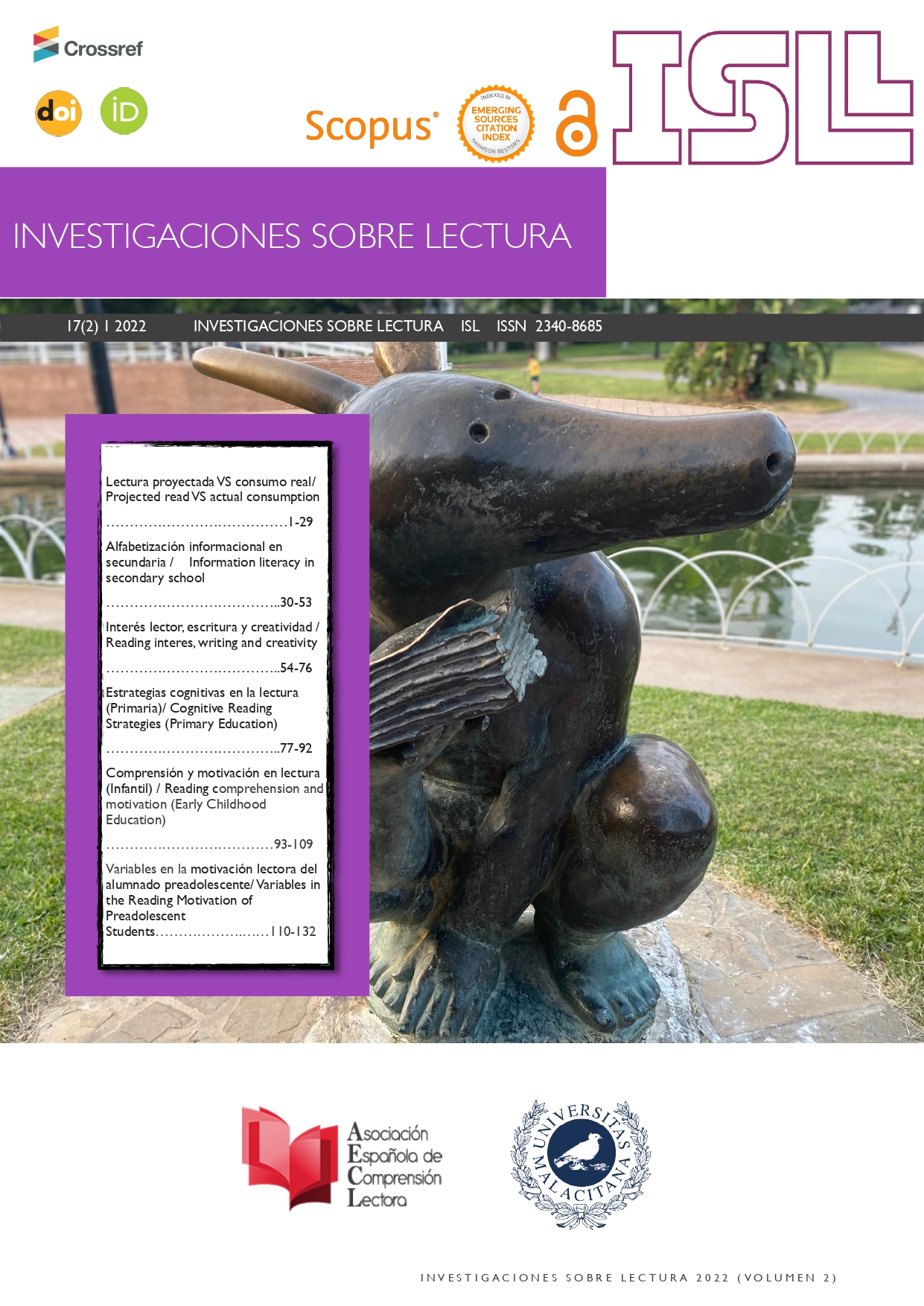
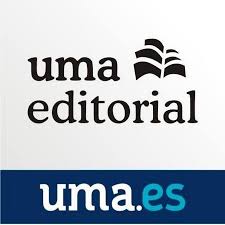
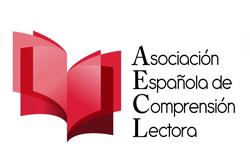
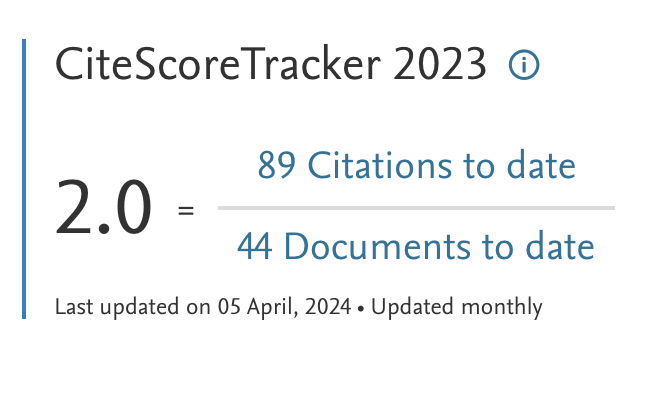
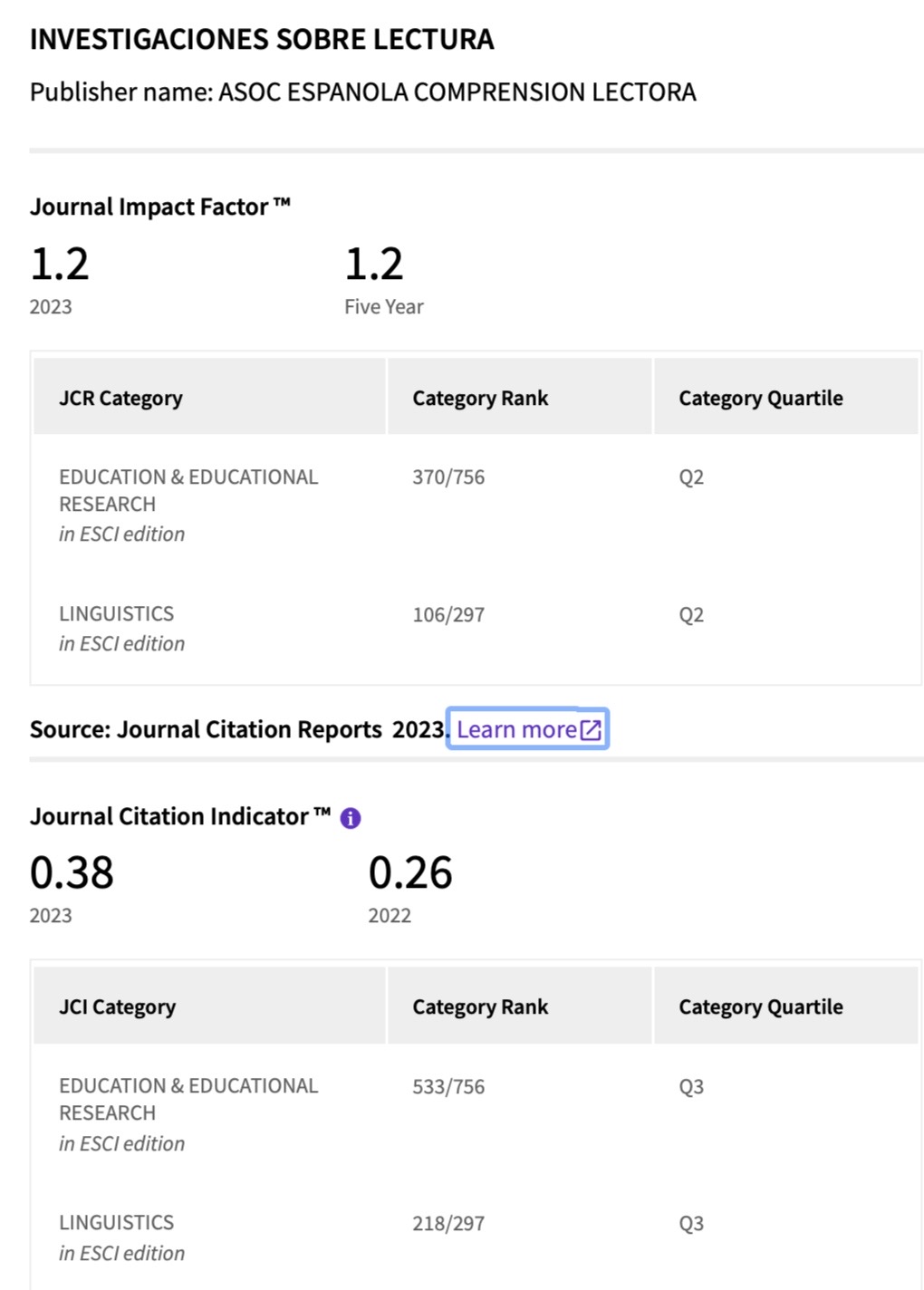
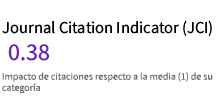
31.png)









